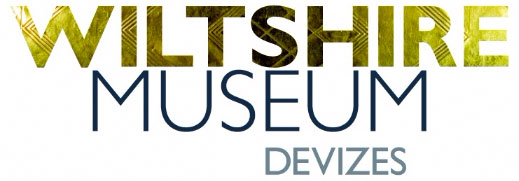letter
Description
Content summary: No Date: William Cunnington to Richard Colt Hoare - apologises that the first sketch was not explicit - adds anoth-er pencil sketch with measurements in the text. The camp in Southly Wood has no entrance other than the present path. 'John thinks you blame him wrongfully because you told him that you knew of everything around the House - The British Village is upon a a hill before Mr. H…(missing) Inn & Bonham. About a furlong from the Inn and the same distance from it, is a square ploughed field and the road runs from corner - there are some heaps of stone picked off the ground among which he found the brick flue and from the land he picked the pottery - but you will be pleased to observe that finding British villages near rivulets and rivers are by no means uncommon. … We have supposed that after the Conquest of tis country by the romans the Brit-ons learning the Arts from their Masters - became more populous, cleared the Vales of Wood, built near the Water and that finally some of the villages be-came the towns of the Saxons'.
Summary: No Date: William Cunnington to Richard Colt Hoare - apologises that the first sketch was not explicit - adds anoth-er pencil sketch with measurements in the text. The camp in Southly Wood has no entrance other than the present path. 'John thinks you blame him wrongfully because you told him that you knew of everything around the House - The British Village is upon a a hill before Mr. H…(missing) Inn & Bonham. About a furlong from the Inn and the same distance from it, is a square ploughed field and the road runs from corner - there are some heaps of stone picked off the ground among which he found the brick flue and from the land he picked the pottery - but you will be pleased to observe that finding British villages near rivulets and rivers are by no means uncommon. … We have supposed that after the Conquest of tis country by the romans the Brit-ons learning the Arts from their Masters - became more populous, cleared the Vales of Wood, built near the Water and that finally some of the villages be-came the towns of the Saxons'.
Not found what you are looking for? Try a new search or search the Wessex Museums Virtual Collection.

